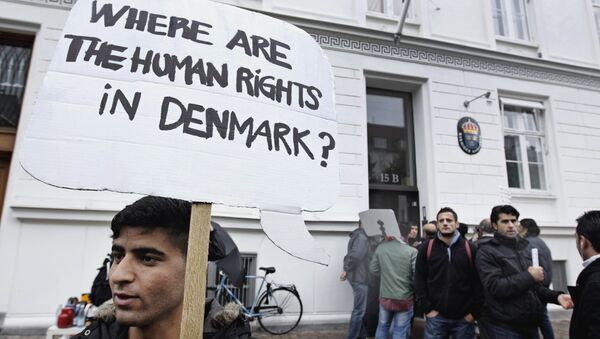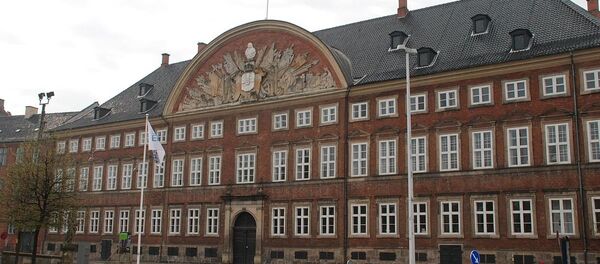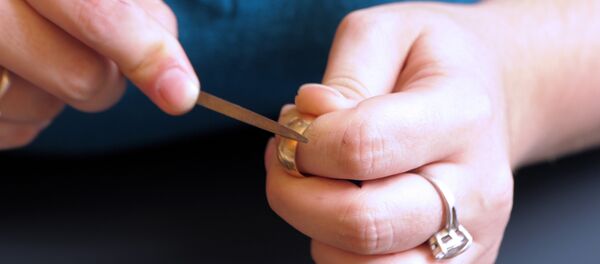"The system is not working satisfactorily. There has been a marked decline, despite the fact that the number of arrivals Denmark has increased during the same period," Peter Kofod Poulsen, the Danish People's Party's foreign spokesman said, stressing the need for a comprehensive plan for sending more people on their way home. "It is possible to further enlarge the carrot [for those who are] willingly going home, but the system is already quite generous," Kofod stressed.
Oddly enough, other members of the ruling 'blue bloc' concurred with the Danish People's Party, despite its tough anti-immigrant stance often being regarded as Danish politics' enfant terrible.
"We also want more returns <…> and we rule out no options," Louise Schack Elholm, Liberal political spokesperson, said.
In the years 2011-2015, the number of voluntary returnees dropped, whereas the number of people who have been granted asylum in Denmark has grown significantly from 2,249 in 2011 to 10,849 in 2015. Experts point out that the two curves are difficult to compare, as the level of security has changed as well. The fact that only eight Iraqis accepted the Danish offer (compared to 87 in 2011) clearly indicates that Daesh threats outweigh Danish benefits.
According to the Danish People's Party, which is the locomotive of Denmark's struggle with immigrants, refugees should only be provided shelter until peace has been established in their home countries.
Professionals such as Andreas Kamm of the Danish Refugee Council have pointed out that countries like Syria, Afghanistan and Iraq, which have generated the largest number of refugees, probably won't be safe at any time in the foreseeable future. That means that Denmark won't be able to evict refugees without breaking the international rules it usually abides by. Another argument against Copenhagen sending home more refugees who, it seems, have come to stay is the lack of readmission agreements with a number of countries such as Syria, Eritrea or Iraq.
"I do not think it will have any effect," Engberg-Pedersen told Politiko. "The experience from development aid shows that it is very difficult to influence a government's policy," he said.
Last year, Denmark took in a total of 21,000 asylum-seekers, which is much less than its Nordic peers such as Norway and Finland (over 30,000 each) and Sweden (over 163,000).







